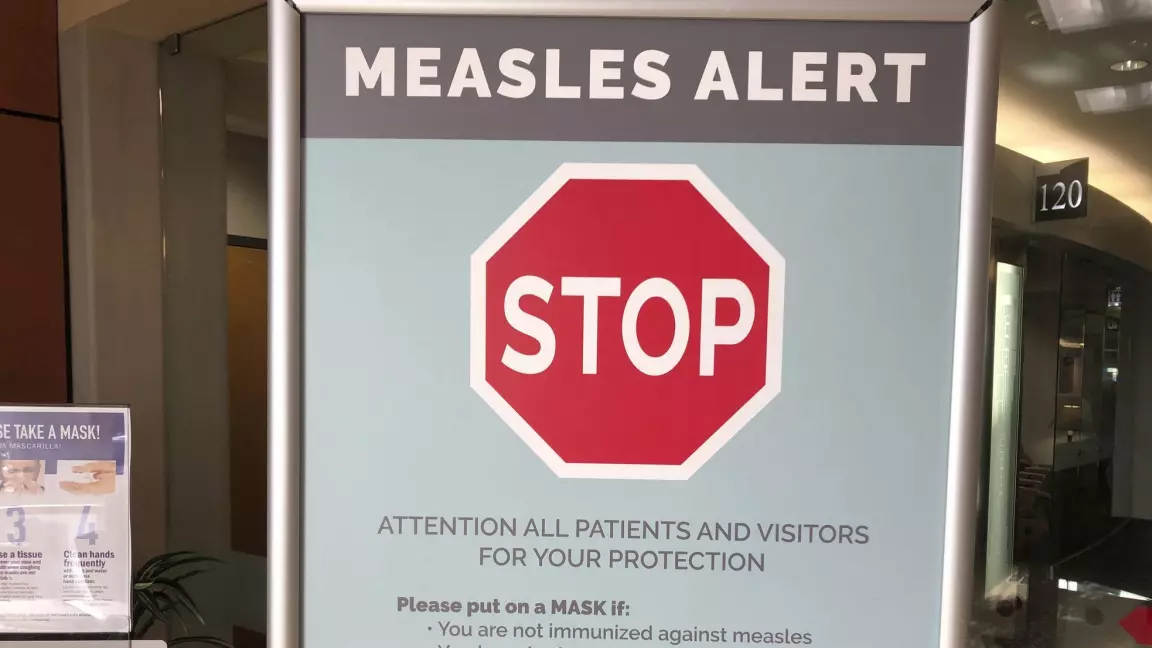Authorities were on hand Friday afternoon to answer questions regarding the arrival of 152 quarantined Canadians at the Nav Centre, during a press conference held at the Cornwall-SDG EMS headquarters on Campbell Street.
During the 45-minute press conference, officials acknowledged a sample from one individual was currently being tested for the COVID-19 (novel coronavirus).
“We had one individual who was feeling unwell,” said Rhonda Kropp of the Public Health Agency of Canada emergency manager. “So we took them into the clinic within the quarantine zone. Because of the abundance of caution we’re taking, we decided to take a sample.
“That very sample is currently being tested. The individual is doing fine.”
Earlier during the conference, Kropp outlined anyone with health concerns or symptoms would undergo assessment by medical staff on site and may undergo testing for the COVID-19.
“That’s to be medically expected,” said Eastern Ontario Health Unit medical officer of health Dr. Paul Roumeliotis. “The experience was the same in Trenton and across Canada. We tested many more people than we needed to.”
The Government of Canada has taken the same approach, so far analyzing a total of 18 samples from Canadians returning from Wuhai, China, quarantined in CFB Trenton.
“To date, none of the 18 individuals that we tested at CFB Trenton tested positive for the Coronavirus,” said Kropp.
She also announced the first group of repatriated Canadians in Trenton who remained asymptomatic during their whole 14-day quarantines were released today and allowed to return to their normal activities.
Roumeliotis stressed information was key in keeping the local population safe.
“Knowledge is comfort,” he said. “I’ve visited the site and I think it’s ideal for isolating people. We are going to continue strict practices. People quarantined will be monitored twice a day.”
Quarantined Canadians will be allowed to leave their room to spend time outside, but with restrictions. The fencing has been set up to provide an interior and exterior perimetre, with a two-metre gap between them so someone walking by outside the outdoor quarantine space isn’t close enough for concern.
“They (quarantined travellers) will have to stay two metres away from the fences,” said Roumeliotis. “They will also have to wear gloves and a mask.”
According to him, any quarantined individual showing any sign or symptom of the virus will not be allowed outside and will have to remain in their room and will be treated at the quarantine clinic.
Roumeliotis also explained ambulance will be on standby at the Nav Centre, but that local residents will not see the said vehicle go in and out of the area. Should an quarantined traveller become ill enough that it’s no longer advisable to keep them in their room at the Nav Centre, Cornwall-SDG EMS, Cornwall Fire Services and Cornwall Police Service have all been included in the plans and protocols in place.
Roumeliotis said the Cornwall Community Hospital has also been part of the planning, as have both the Children’s Hospital of Eastern Ontario and the Ottawa Hospital. He made a point of noting the same protocols and procedures apply to influenza patients who require secondary or tertiary hospital care.
The hospital itself confirmed it had not received any travellers, after a social-media post spreading the false information raised questions Friday morning.
“I can confirm that there have not been any transfers from the quarantined area to the Cornwall Community Hospital,” said CCH’s president and chief executive officer, when asked about the matter. “We are very comfortable in our ability to meet the medical needs of those travellers while ensuring the health and safety of our staff and physicians at the same time.”
Cornwall Mayor Bernadette Clement continued to outline the need for a constant information flow in order to ease the concerns that Cornwall residents might have.
“We need to keep the public informed,” she said. “We’re not sitting on information. We’re keeping up with the pace. When we do get information, we will put it out.”























